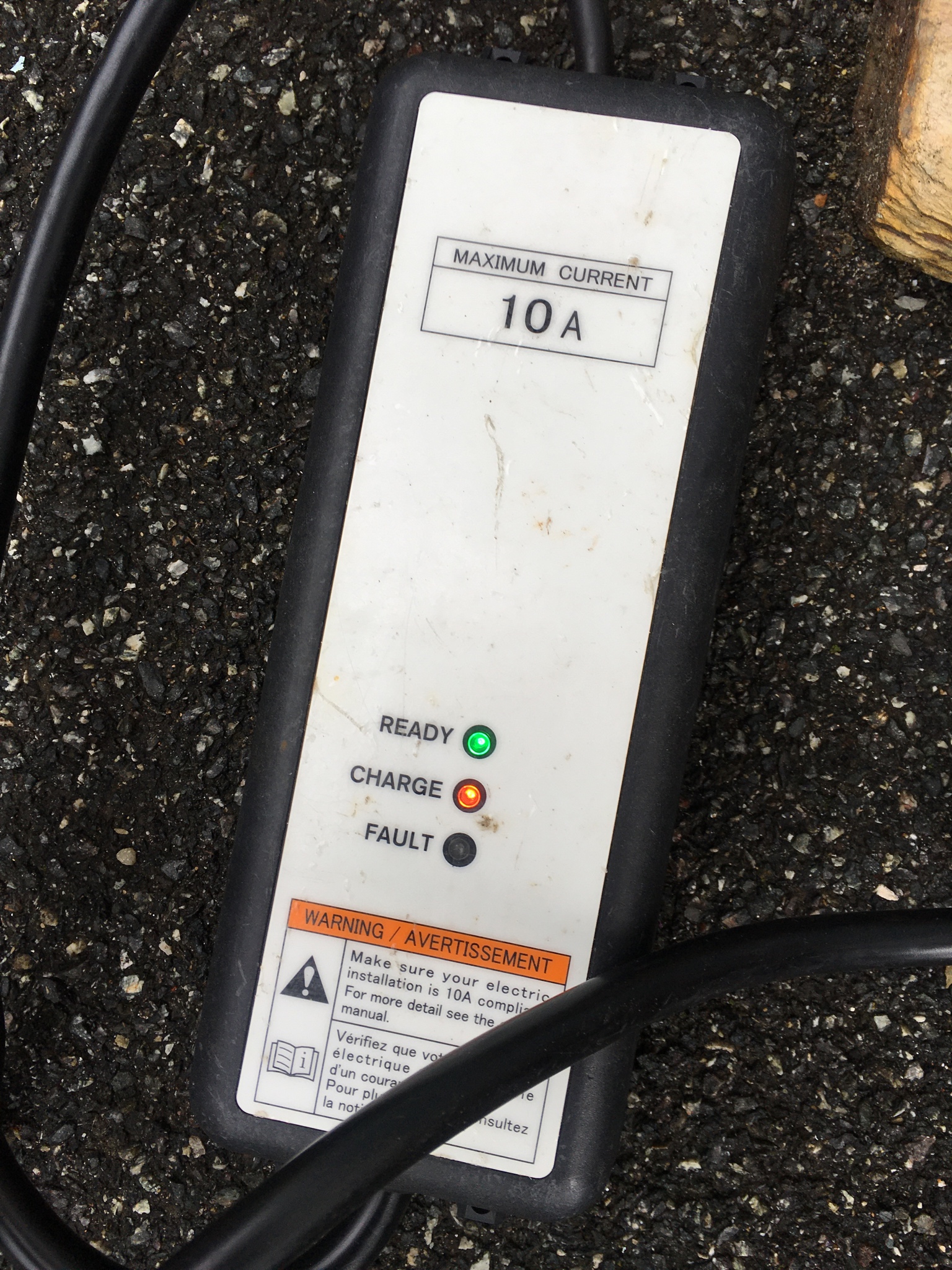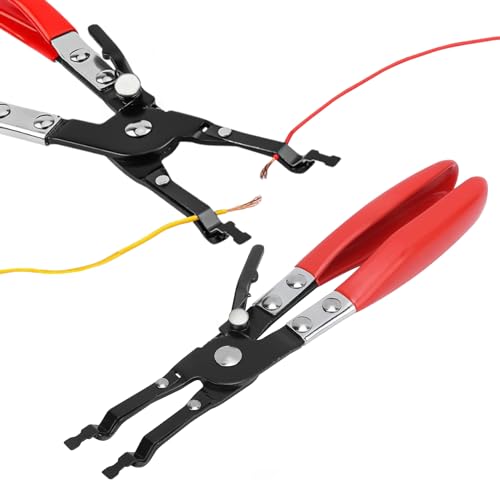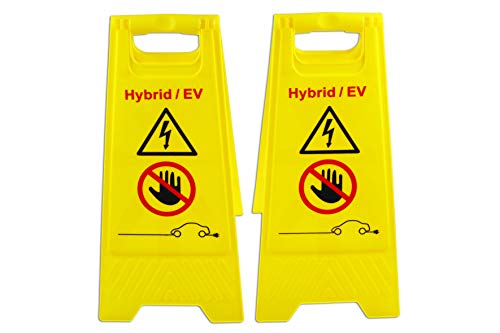Well, it looks like I am the next victim of this onboard charger scurge.

My 2011 Ion at 59k miles has also had the onboard charger and DC/DC converter both stop working, and I'm piggybacking on this thread because I think (hope ?) my symptoms are a close match for mrbleepy's car.
I plugged the car in to charge on Friday night at about 25% state of charge, the car was not used on Saturday (so remained plugged in) and I then went to use it today on Sunday.
I'm clearly not very observant because I had driven 100 metres up the road before I noticed that I was only at about 70% SoC and had both the low 12 volt battery warning and electric vehicle warning light (yellow car with exclamation) on. Bugger! I turned right around and went back home and took the other car out for the day.
So the car still starts and drives, however the 12v battery is not being charged, so was measuring about 11.9 volts when I checked it with the car in READY - so clearly the DC / DC converter is not charging the 12v battery. I tried plugging the car in to charge and the battery pack fan blows briefly but it the gives up. I haven't tried Chademo charging.
Unlike many of those suffering with this problem I have a Diagbox system so I can get full fault codes and this is what I see:
OBC
02 - Charge fault (traction battery disconnected)
43 - Fault - electrical current too high in the inverter
When I first checked fault codes only code 43 was present, fault 02 didn't appear until after I attempted to charge the car.
BMU
P1A4B - Battery cells fault
EV_ECU
P1B31 - Brake fluid pressure sensor fault
P0A09 - Converter fault
P1A12 - Vehicle charging fault
P1A2F - Fault in the functioning of the cells of the traction battery
So I think it's pretty likely that the 20A fuse in the MCU (?) has blown causing both charging and DC/DC converter functions to stop. What remains to be seen is what else blew first to take out the fuse. Just the caps like mrbleepy would be nice, but from memory there are some resistors that can fail as well ?
Interestingly, I think my specific failure lends more weight to the "capacitors go short circuit first and then blow the fuse" theory because the car charged all the way from 25% to about 70% then spontaneously failed at that point, several hours into the charge. It didn't fail on charge start or due to an interruption to charging. (We don't get power cuts)
Also OBC code 43 tends to suggest a genuine over current situation (though the shorted capacitors) blew the fuse rather than fuse mechanical fatigue.
I'm pretty sure the fault codes relating to traction battery cells are bogus - Canion reports 68% SoC, cell voltages are well matched, all CMU's are reporting cell voltages and the car still drives.
Unfortunately this failure has happened at a very awkward time even if I can fix it, as the yearly MOT is due in under 4 weeks, also I was on the verge of replacing the car with a Nissan Leaf, and may have been using it as a part exchange and at the very least it was being sold to get some money back. If I can't fix it for a reasonable cost it will have to be sold for scrap!

What's my best course of action to try to fix this ASAP ? I'm inclined to order the fuse, caps and resistors immediately before even attempting to take the unit apart to minimise delays as time is really of the essence if I'm to get it fixed in time for the MOT.
Is the fuse only available through Mitsubishi or can it be ordered elsewhere ? I've had no dealings with Mitsubishi before. Also I don't suppose you have the details of where you ordered the caps from mrbleepy ?
As far as disassembly goes, I presume initially the best action is to remove the safety link plug under the seat then remove the top of both MCU and OBC to have a look at the fuse and caps ?
I put an intelligent 12v battery charger onto the 12v battery as soon as I noticed the fault, so I think I caught that before it discharged too much, and the traction battery is at about 70% which through luck is an ideal SoC for the car to sit unused for a few weeks.
One other question - when I do remove the OBC completely to replace the caps and check for other faults, what type of coolant is used in the cooling system for on board charger etc, and is there a specific refilling and bleeding process ? I think Diagbox has an actuator test mode that can turn on the coolant pump manually.
I've been following this onboard charger problem on the forum on and off for over a year and been dreading having it happen to me, but just as I was about to sell the car it has finally caught up with me...

























